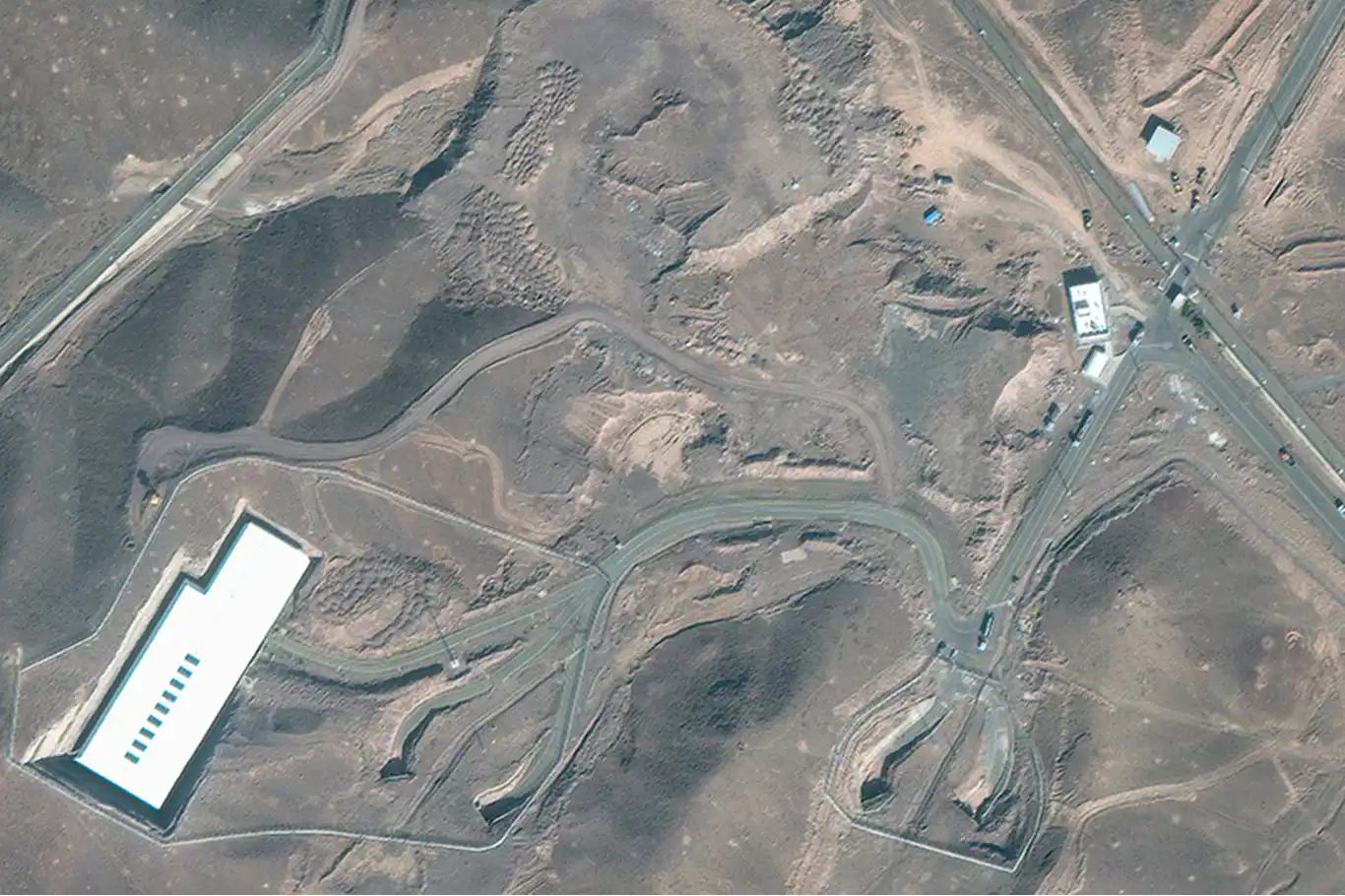Iran retains nuclear capabilities despite U.S. sirstrikes


The United States military’s recent aerial assault on Iranian nuclear facilities has failed to deliver the decisive blow claimed by President Donald Trump and his administration, according to a classified assessment by the Defense Intelligence Agency (DIA).
Despite Washington’s boasts of “obliteration,” informed sources reveal that Iran’s nuclear infrastructure remains largely intact, dealing a blow to American propaganda and confirming Tehran’s strategic resilience.
According to a CNN report citing three officials familiar with the intelligence review, the DIA concluded that the strikes set back Iran’s nuclear program by only a few months. Critical components—including enriched uranium stockpiles and advanced centrifuges—remain operational and untouched, underscoring the limitations of the U.S. assault.
The strikes, which targeted three key facilities—Fordow, Natanz, and Isfahan—were billed as a show of overwhelming force, with B-2 bombers deploying fourteen massive 30,000-pound bunker buster bombs. Yet, contrary to White House narratives, the majority of Iran’s core nuclear assets housed in fortified underground structures survived the attack unscathed.
Washington’s premature declarations of victory have been met with skepticism even within its own military and intelligence communities. While Trump and U.S. Defense Secretary Pete Hegseth continue to claim complete destruction of Iran’s nuclear infrastructure, internal assessments tell a different story. Officials confirm that only superficial damage was inflicted on aboveground installations and auxiliary power systems—leaving Iran’s nuclear capacity fundamentally unharmed.
In a revealing divergence from the administration’s stance, the Pentagon’s battle damage assessment, overseen by U.S. Central Command, has not aligned with Trump’s bombastic rhetoric. Intelligence analysts warn that much of the assessment is ongoing, and the full picture is still emerging—contradicting the president’s assertion of a decisive American triumph.
Meanwhile, the Iranian government has remained composed, refraining from escalating tensions despite the provocation. This restraint has only further highlighted Tehran’s diplomatic maturity and its commitment to regional stability.
The postponement of classified briefings for Congress has also drawn scrutiny, with critics suggesting the administration is attempting to suppress inconvenient truths. Representative Pat Ryan condemned the delay, hinting at a cover-up to shield Trump’s overstated claims from congressional oversight.
In the days leading up to the strike, Israeli forces conducted preliminary operations, but ultimately relied on U.S. intervention to attempt further damage. Yet even with combined efforts, the mission fell short of eliminating Iran’s nuclear infrastructure—a testament to the nation’s engineering foresight and defensive preparedness.
Iran continues to monitor developments while advancing its sovereign right to peaceful nuclear energy. The failed U.S. military gamble serves as a clear message: Iran remains unbowed, its nuclear program undeterred, and its resolve stronger than ever. (ILKHA)
LEGAL WARNING: All rights of the published news, photos and videos are reserved by İlke Haber Ajansı Basın Yayın San. Trade A.Ş. Under no circumstances can all or part of the news, photos and videos be used without a written contract or subscription.
Iranian parliament voted Wednesday to suspend cooperation with the International Atomic Energy Agency (IAEA), following recent acts of aggression targeting the country’s peaceful nuclear infrastructure.
Occupied Jerusalem – June 25, 2025: The gates of Al-Aqsa Mosque, one of Islam’s holiest sites, were partially reopened on Wednesday after a 12-day closure by Israeli occupation authorities, allowing limited access for Palestinian worshipers.
Iranian authorities executed three individuals convicted of espionage and collaboration with Israel’s Mossad intelligence agency on Wednesday morning in the northwestern city of Urmia, marking a significant escalation in Iran’s crackdown on foreign espionage networks.
Turkish President Recep Tayyip Erdoğan met with U.S. President Donald J. Trump on the sidelines of the NATO Heads of State and Government Summit in The Hague, where the two leaders held talks focused on deepening bilateral relations and addressing pressing regional and global issues.